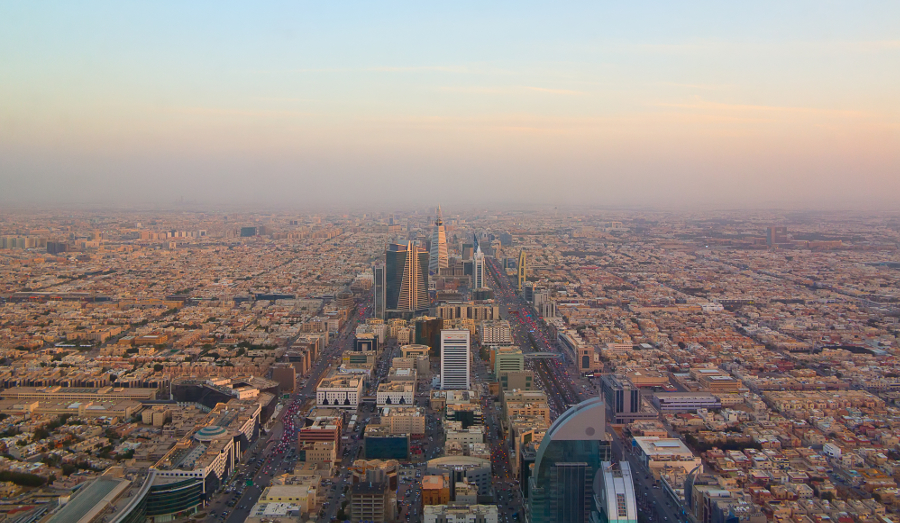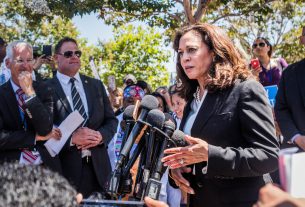International news headlines over the past week have been awash with discussion of the case of disappeared Saudi journalist Jamal Khashoggi. Khashoggi, who had been highly critical of the Saudi Arabian government, disappeared in Turkey after entering the Saudi consulate in Istanbul. While the Saudi government claims that Khashoggi left the consulate, Turkish authorities state that no video footage exists of him leaving the consulate. Most of the current theories surrounding his disappearance seem to indicate that he may very well have been murdered and dismembered inside the consulate, with his body parts being smuggled out by a team sent from Saudi Arabia.
Whatever the cause of Khashoggi’s disappearance, there is no doubt that his disappearance is a major foreign policy blunder for the Saudi regime. While King Salman remains on the throne, he is said to be suffering from Alzheimer’s disease. His son, Crown Prince Mohammed bin Salman is supposedly the real power behind the throne. And while the Crown Prince has taken some steps to liberalize the country, such as by allowing women to drive, he has also stepped up efforts to crack down on dissent and eliminate his rivals, such as his crackdown last year on fellow members of the royal family.
Now that the Crown Prince appears to have ordered the kidnapping and/or murder of a dissident journalist in a foreign country, he has severely overstepped the bounds of international protocol. The action taken against Khashoggi angered not just Turkey, which didn’t appreciate a foreign government operating within its borders, but also the United States, of which Khashoggi was a resident. Now the question has to be asked: what consequences will Saudi Arabia suffer?
Already many prominent world figures from business and politics have pulled out of Saudi Arabia’s upcoming “Davos in the Desert” investment conference. And while neither Turkey nor the United States have taken any firm action against Saudi Arabia, President Trump has left open the option to impose sanctions against Saudi Arabia in the event that Khashoggi was definitively found to have been murdered at the behest of the Crown Prince. But will those threats actually turn into concrete action?
Saudi Arabia is gambling that its status as one of the world’s largest oil producers, and as the largest customer of US military weaponry, will protect it from too much backlash. While President Trump has pledged not to cut off weaponry sales to Saudi Arabia, US defense executives may be feeling somewhat nervous about continuing to supply the regime with hardware. And as the US continues to ramp up oil production, the rest of the world is no longer as dependent on Saudi oil as it once was. While a Saudi oil production shutdown could send oil prices spiking, how long could the country hold that up before it risks causing internal political and economic instability due to the loss of revenue?
In any event, given the role of Saudi nationals in the events of 9/11, the continued rumors of Saudi funding of ISIS, and now the advent of direct action against dissidents abroad, it’s probably time for the US government to rethink its support of the Saudi regime. Continuing to provide weapons and support to a government whose actions could destabilize the entire Middle East is not in the best interests of the United States.
This article was originally posted on Red Tea News.





